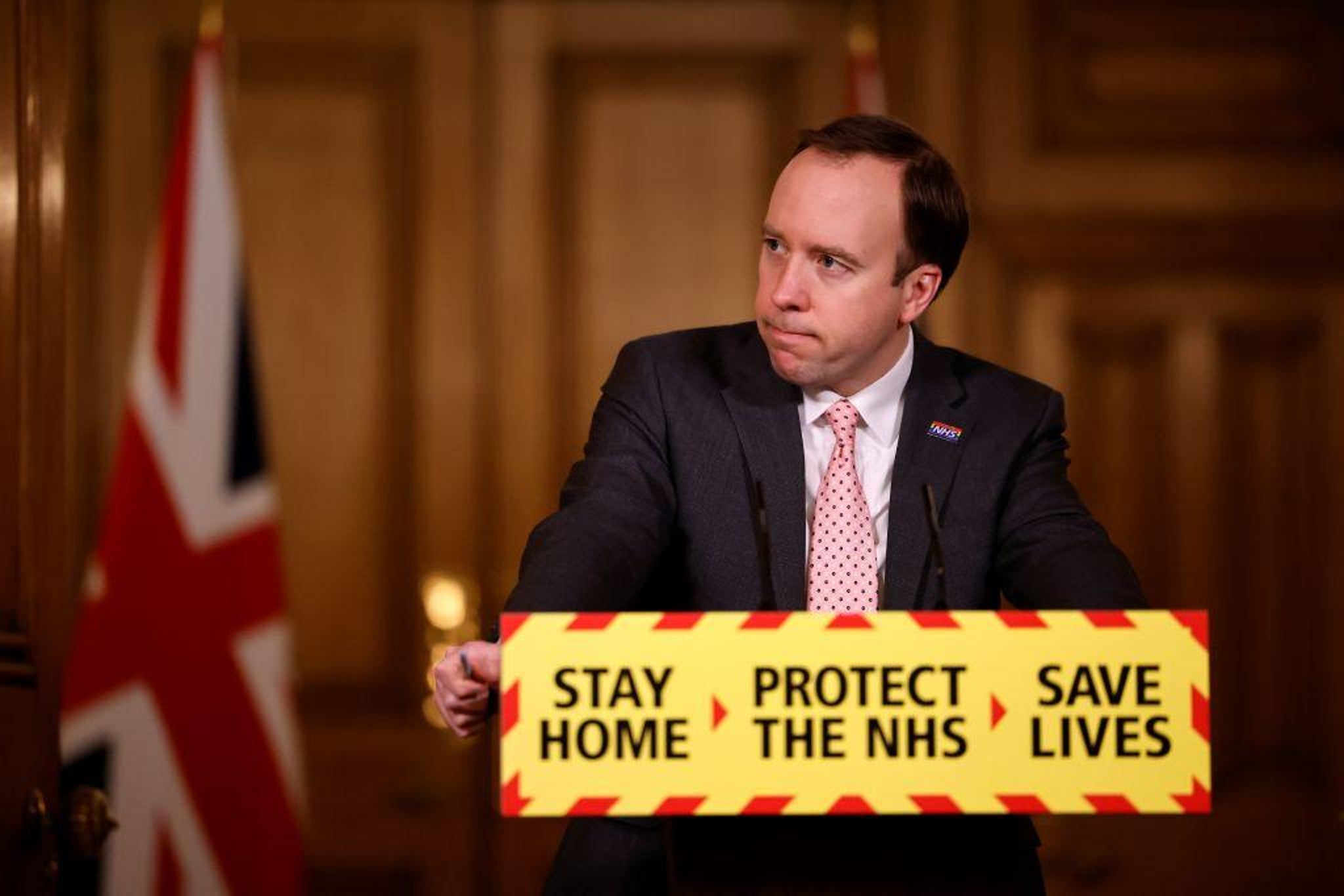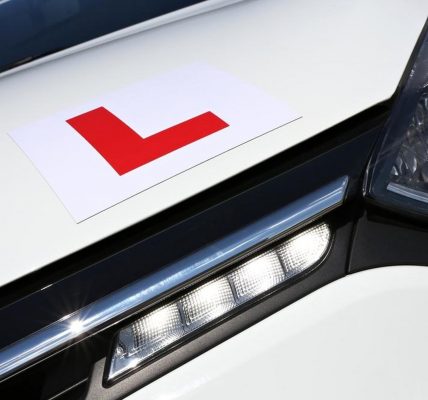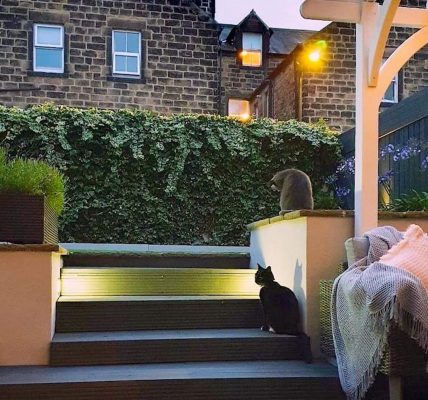Quarantine Covid tests: UK arrivals must take two coronavirus tests while self isolating – new rules explained
Quarantine Covid tests: UK arrivals must take two coronavirus tests while self isolating – new rules explained
Those who fail to quarantine face fines of up to £10,000, and those who lie on passenger locator forms face up to 10 years in jail
Toughened measures to prevent imported coronavirus variants gaining a foothold are now in place in the UK.
From Monday 15 February, people isolating at home must get a test two and eight days into their 10-day quarantine period.
The Department of Health and Social Care (DHSC) said the move was designed to provide a “further level of protection” enabling the authorities to track new cases more effectively.
The new rules come on the same day that UK nationals returning from 33 “red list” countries would be required to quarantine in closely monitored government-designated hotels, where they would have to take two tests.
Here is everything you need to know.
Under the new measures, self-isolating travellers (that is, all travellers who have returned from a country not on the Government’s “red list”) must take tests after two and eight days into their 10-day quarantine period.
The measures mirror those that are in place for international travellers returning from the 33 “red list” countries, who must quarantine in Government-approved hotels where they will have to take two tests.
Arriving travellers put in quarantine hotels in England will be charged £1,750 for their stay.
Those who fail to quarantine face fines of up to £10,000, and those who lie on passenger locator forms face up to 10 years in jail.
“Anyone who attempts to conceal that they have been in one of those destinations in the 10 days before arrival faces a prison sentence of up to 10 years,” Hancock said.
The move comes as scientists sought to reassure the public that vaccines remained effective despite concerns about the Oxford/AstraZeneca jab’s performance against the South African variant.
South Africa has suspended use of that vaccine after a preliminary trial suggested it offered a reduced level of protection against infection and mild illness from the variant.
Some 147 cases of the South African variant have so far been identified in the UK, with experts warning these are likely to be the “tip of the iceberg” due to the fact they are the result of random checks on 5% to 10% of all positive tests.
Prime Minister Boris Johnson has said he is “very confident” in the vaccines being used in the UK, while England’s deputy chief medical officer Jonathan Van-Tam played down the prospect of the South African mutation becoming the dominant strain.
He said the mutation did not appear to have a “transmissibility advantage” over the variant first identified in Kent, which has spread across the UK, and was therefore unlikely to “overrun” it.
Prof Van-Tam stressed that it was important to take a jab if offered it now, to protect against the “clear and present danger” posed by the virus currently circulating in the UK, rather than wait for an updated vaccine that might be more effective against the South African variant which is only present in small numbers.
The new rules on hotel quarantine began on Monday 15 February.










